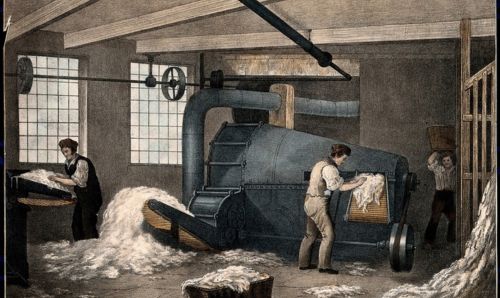Risky Business: Investing in Innovation and Britain’s Economic Development, 1600-1750
Dr Edmond Smith, Senior Lecturer in Economic Cultures, PI for ESRC funded project

“Investing in Innovation and Britain’s Economic Development, 1600-1750”, funded by an ESRC New Investigator Grant, will examine the lives and business practices of investors by investigating how these actors came to view financial investment, perceive risk, and self-consciously participate in ‘improvement’, ‘innovation’ and economic growth. In doing so, the project will reshape inquiry into the cultural and social dimensions of investment during the seventeenth and early eighteenth centuries – a period in which financial revolution accelerated the development of the first modern economies.
Through this analysis, the project will expand beyond both state-focused or institutional accounts and efficient market explanations of the nature of economic development to instead assess ‘investment practices’ and examine the diverse means by which investment choice was experienced, understood and tackled in everyday life – from an investor’s education to their business organisation, experience of failure, and how they functioned as part of an ‘investing public’. More and better examination of the social and cultural practices underlying investment in innovation will transform our understanding of the shape and direction of economic change.
This project therefore presents a new research framework for the study of economic development that recognises how individuals and communities responded to, and took part in, ventures that were risky, uncertain, and sometimes driven by considerations that had nothing to do with the profit principle.
Current projects
Our research work is improving our understanding of people, cultures and societies around the world.
Read more
Past projects
An overview of completed projects from the John Rylands Research Institute and Library dating from 2017.
Read more
